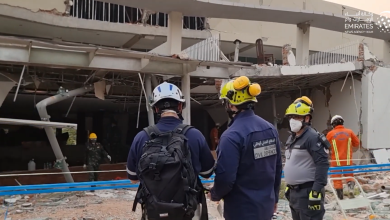Senator Alan Peter Cayetano has called out the Philippine Health Insurance Corporation (PhilHealth) for its outdated case rates, arguing they no longer reflect rising healthcare costs and inflation. The senator also criticized the government’s failure to fully implement the No Balance Billing (NBB) policy.
During the Senate’s plenary debate on the Department of Health’s (DOH) 2025 budget on November 20, 2024, Cayetano raised concerns about the inadequacy of current PhilHealth packages.
Addressing Health Secretary Teodoro Herbosa, who also serves as PhilHealth chairman, Cayetano asked, “When was the last time PhilHealth conducted a comprehensive survey of its case rates?”
Herbosa responded that the last survey took place a decade ago. In reply, Cayetano expressed frustration, saying, “We’ve been left behind by prices… I envy 2013 and 2014, when the case rates were closer to actual costs and people believed in No Balance Billing. Now, it’s a joke!”
Cayetano further criticized PhilHealth’s decision to increase coverage rates by 30 percent earlier this year, despite having an P89-billion surplus. He suggested that the surplus could have been better used to improve the implementation of No Balance Billing.
“The idea behind No Balance Billing is simple,” Cayetano explained. “If I’m a patient and my treatment is covered by the case rate, I shouldn’t have to pay anything extra. I should be able to use my PhilHealth and leave the hospital with no additional charges. But because the case rates are outdated, No Balance Billing is almost impossible.”
The senator also raised concerns about the DOH’s increased funding for the Medical Assistance to Indigent Patients (MAIP), questioning the department’s priorities. “The DOH has said it is focusing on issues like immunization, child stunting, and maternal mortality, yet here we are increasing MAIP funding,” he remarked. “We’re being politicized. Politicians would rather give people direct help, but fixing PhilHealth’s case rates and fully implementing No Balance Billing would make programs like MAIP less necessary.”
Cayetano argued that the current DOH budget reflects political priorities rather than evidence-based decisions from health experts. He urged Herbosa to prioritize updating PhilHealth’s case rates, rather than simply increasing funding for MAIP.
“You are the Secretary of Health and the Chairman of the PhilHealth board,” Cayetano said. “If you move the board to conduct a survey and fix the case rates this year, it will be less of a hassle for everyone.”
Herbosa agreed to look into the matter and pledged to take action.




